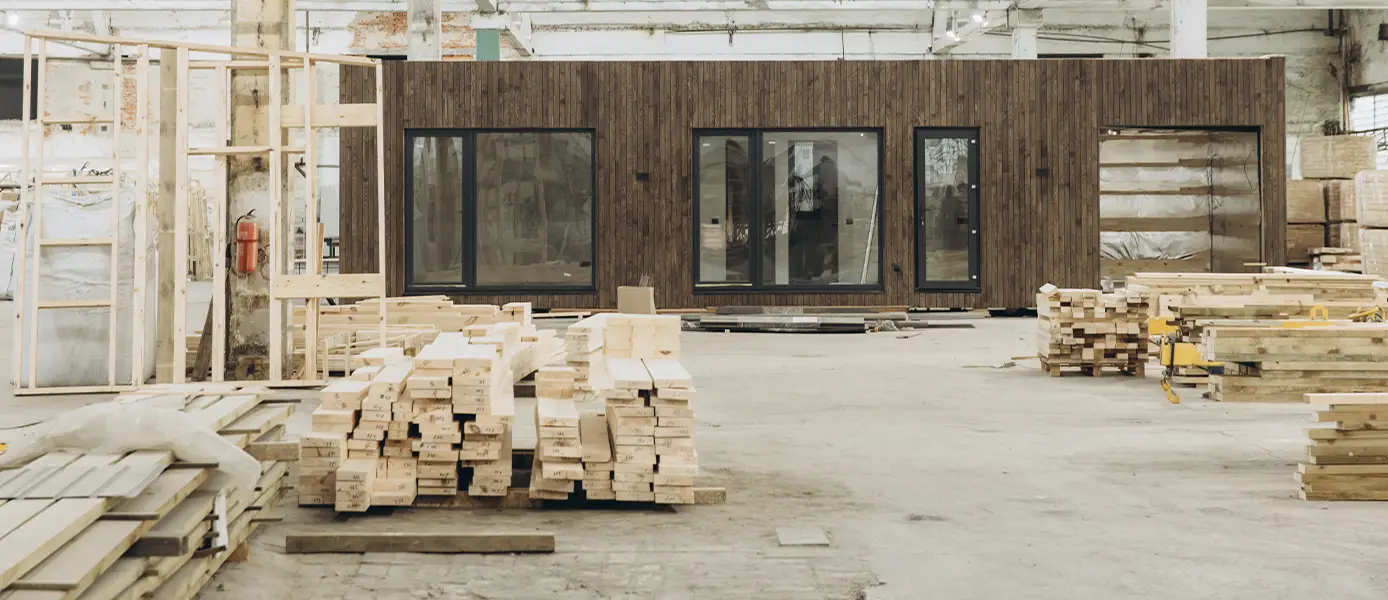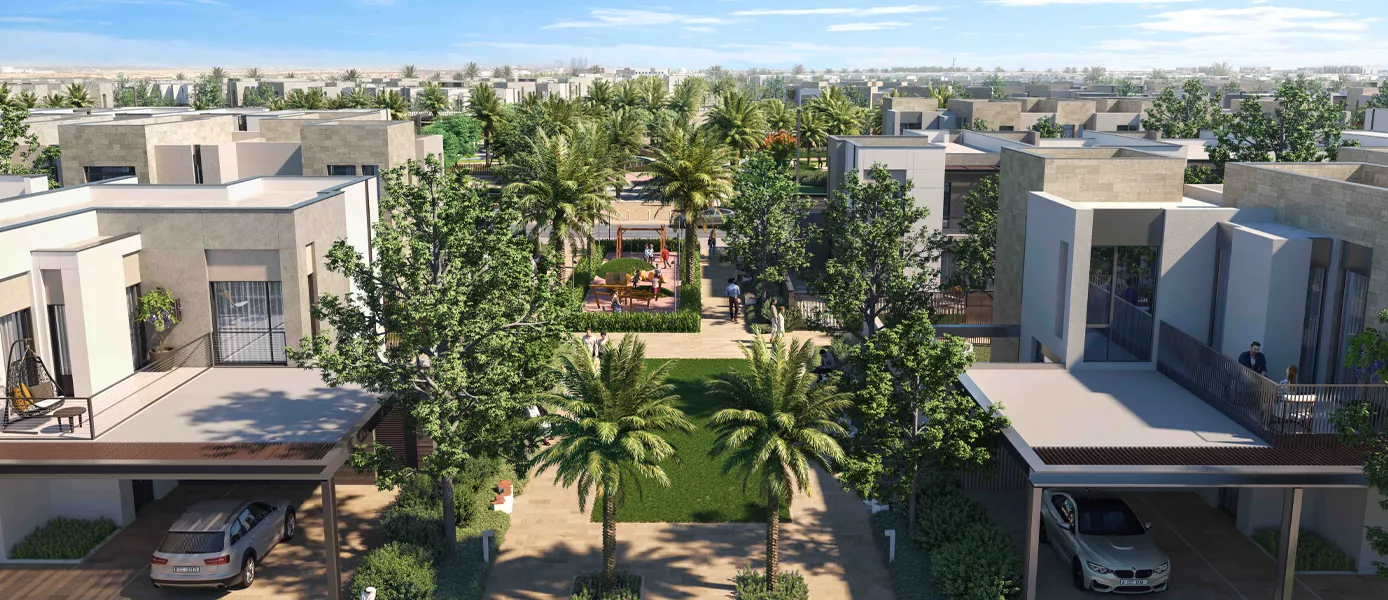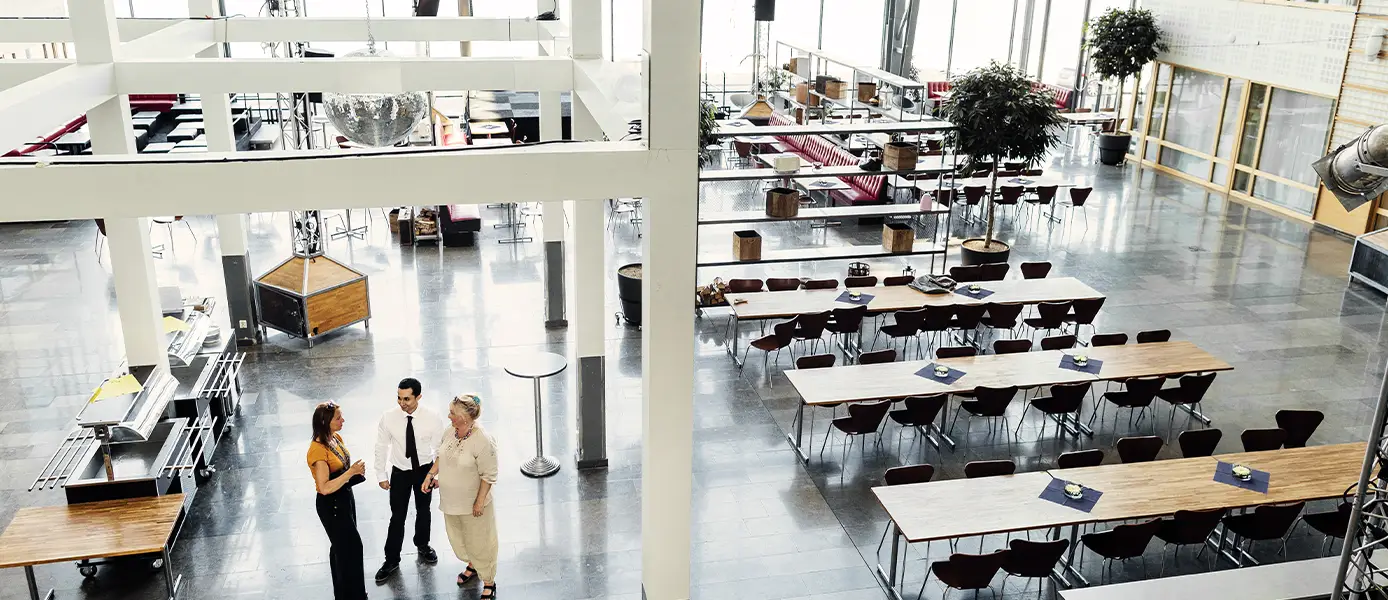Modular construction is a cutting-edge method of building in which buildings are built in controlled factory settings off-site before being delivered to the project site to be assembled. To create a whole structure, the buildings are constructed in sections or modules that are connected together. These modules are seamlessly integrated and offer comparable quality and durability to on-site construction because they are constructed to the same standards as conventional structures.
Although this approach can be referred to as “new” or “modern” by others, it has been employed for decades in a variety of industries. Press has recently focused on its commercial, hotel, and multi-family (apartment) uses. Because the “boxes” that are shipped from the factory are three-dimensional constructions with a floor, walls, and ceiling, these projects are modular. They already have the majority of the fixtures and interior finishes installed. While some modular businesses use highly automated robotic assembly lines, others use standard stick-building techniques in their warehouses.
Modular construction is increasingly used for pre-built homes, office buildings, healthcare facilities, and even multi-story apartments. Pre-built housing can range from affordable housing to luxury developments. Modular home building companies specialize in creating homes manufactured in factories and assembled on-site, saving time and cost. The global modular construction market size is projected to grow up to USD 140.8 billion by 2029, at a CAGR of 6.2%.
Distinctive Advantages of Modular Construction
Carbon Benefits of Modular Construction
Researchers from the UK’s Edinburgh Napier University and the University of Cambridge have found that factory-built homes can emit up to 45% less carbon dioxide than conventional residential building techniques. The Valentine, a 10-story student housing complex in Redbridge, and Ten Degrees Towers in Croydon, both constructed by Tide Construction and Vision Modular Systems in 2020, were the two London schemes that were the subject of the study. When compared to conventional construction methods, the report found that both buildings achieved embodied carbon savings of 41% and 45%.
No Possibility of Weather Delay
The modules are also manufactured in a controlled environment, which virtually eliminates the possibility of weather delays in the modular units’ construction. Additionally, it makes the working environment more comfortable and safe for employees, which increases productivity and results in higher-quality output. Also, the modules typically come on-site with appliances, counters, cabinets, flooring, and plumbing and electrical fixtures, so it takes little time and effort to get them ready for use.
Lower Labour Costs
The economics of labour is a significant and possibly contentious benefit. Most places lack skilled labour for construction, and for a variety of reasons, skilled labour can be highly costly in urban areas. Without getting into politics, this makes it extremely difficult to get a building built within a certain timeframe and budget. As previously mentioned, modular enables those highly sought-after skilled workers to stay in fixed locations with safer and more controlled conditions. Modular plants can be positioned to draw in those highly skilled workers and benefit from crucial raw material access and logistical links, such as highways and rail lines, that are typical in other sectors, like technology and the automotive industry.
Reduced Environmental Impact
In many cases, modular construction is more environmentally friendly than conventional building techniques. The controlled factory environment results in better recycling procedures, less waste, and more accurate construction. Additionally, the shorter duration on site lessens the disturbance to the environment that conventional construction activities cause.
Superior Quality Control and Design Flexibility
Superior quality control is a significant benefit. Compared to traditional construction, modules are more precise and uniform because they are manufactured in factory-like conditions. Prefab concrete buildings, for example, are manufactured under strict controls, guaranteeing a consistent product with fewer flaws, increasing safety and durability. Modular construction also offers designers flexibility. The modules are easily expandable and reconfigurable, providing flexible spaces that change to suit the needs of the occupants—something that is more difficult to accomplish with conventional stick-built homes.
Modular Construction Companies
Companies that specialise in modular construction design, manufacture, and assemble prefabricated parts. These companies design, build, and maintain modular structures for a range of industries. Modular construction companies drastically cut project timelines and costs while upholding high quality and safety standards by utilising cutting-edge technologies and efficient procedures. Their experience ensures a smooth construction process by covering everything from engineering and design to on-site assembly. Key players in the changing construction landscape, modular construction companies provide environmentally friendly solutions that reduce waste and maximise efficiency as demand for sustainable building practices rises.
The Future of Modular Construction
It is increasingly clear that businesses in the sector are becoming interested in modular construction due to its advantages. Innovation is pushing modular industry professionals to collaborate with other like-minded businesses to offer solutions for all projects, budgets, and issues. The COVID-19 pandemic brought to light the necessity for society to be able to switch between leisure centres and schools as needed, and vice versa. The housing, healthcare, and educational sectors disagree with the notion that modular construction is a short-term fix.
David Hartley thinks that because the needs of the healthcare industry are constantly changing, MTX Contracts, which specialises in modular construction, is a good fit for this field. Hartley claims that hospital estates are extremely crowded and overflowing with patients. In addition to lowering the project’s completion timeline, we can also lessen the number of people and vehicles moving through an already crowded and busy site. Modular construction is clearly able to adjust to changes and offer substitutes for the conventional building techniques that everyone enjoys. A shift to an interchangeable approach to building the future can be the solution, as demonstrated by Covid-19, the conflict in Ukraine, and supply chain issues.
As the demand for sustainable practices continues to grow, modular construction is poised to play a significant role in shaping the future of the built environment. Modular construction is transforming the building industry by providing a quick, affordable, and sustainable alternative to traditional construction methods. Its focus on prefabrication and efficient assembly significantly reduces construction time and waste while maintaining high quality standards.



